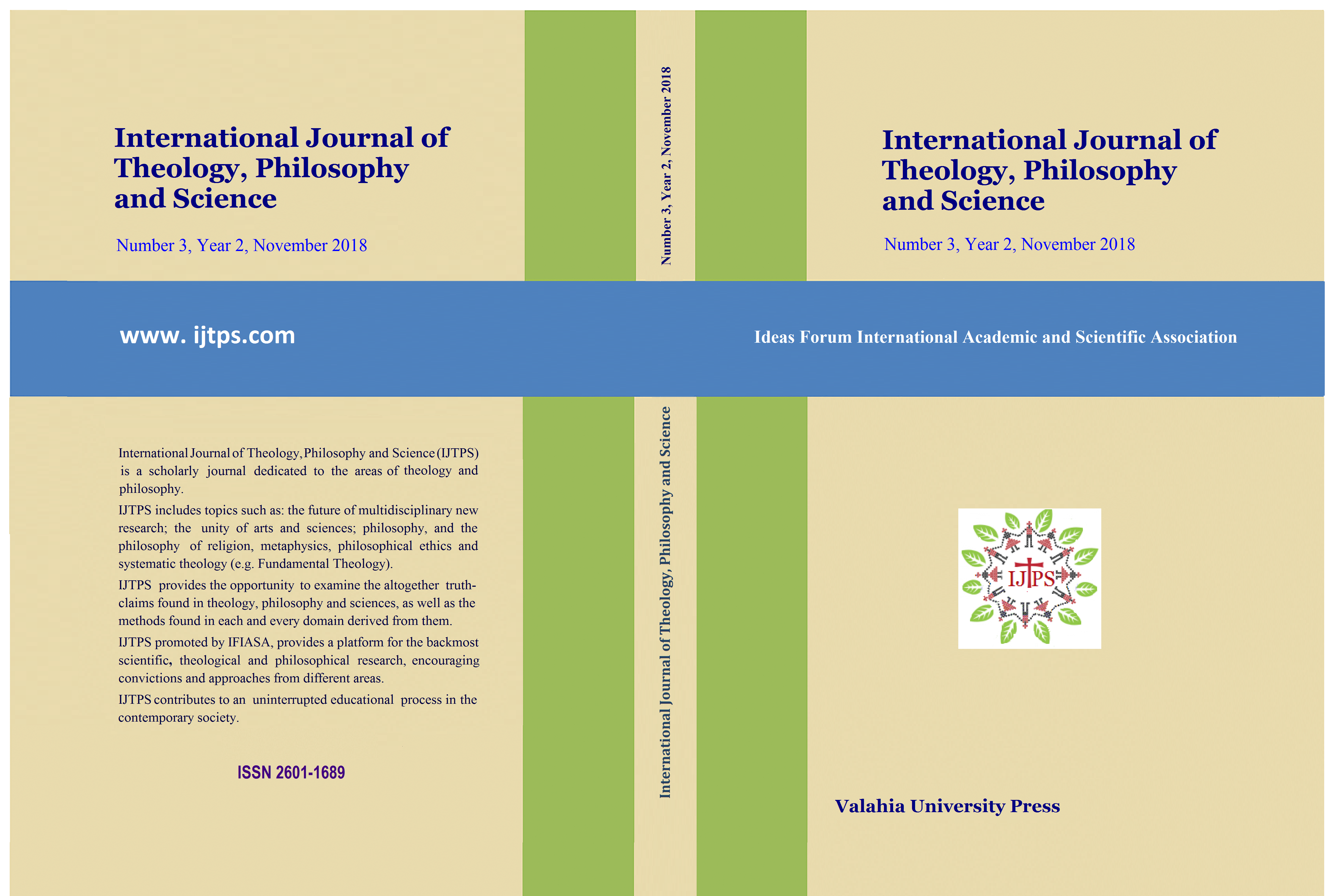Copernican principle as a philosophical dogma defining modern astronomy
Copernican principle as a philosophical dogma defining modern astronomy
Author(s): Spyridon I. KakosSubject(s): Philosophy, History of Philosophy
Published by: Ideas Forum International Academic and Scientific Association
Keywords: astronomy; dogmatism; scientific dogmatism; Galileo Galilei; church; principles; Hubble; Copernican principle;
Summary/Abstract: For centuries the case of Galileo Galilei has been the cornerstone of every majorargument against the church and its supposedly unscientific dogmatism. Thechurch seems to have condemned Galileo for his heresies, just because it couldn’tand wouldn’t handle the truth. Galileo was a hero of science wrongfully accusedand now – at last – everyone knows that. But is that true? This paper tries toexamine the case from the point of modern physics and the conclusions drawn arestartling. It seems that contemporary church was too haste into condemning itself.The evidence provided by Galileo to support the heliocentric system do not evenpass simple scrutiny, while modern physics has ruled for a long time now againstboth heliocentric and geocentric models as depictions of the “truth”. As Einsteineloquently said, the debate about which system is chosen is void of any meaningfrom a physics’ point of view. At the end, the selection of the center is more amatter of choice rather than a matter of ‘truth’ of any kind. And this choice isdriven by specific philosophical axioms penetrating astronomy for hundreds ofyears now. From Galileo to Hubble, the Copernican principle has been slowlytransformed to a dogma followed by all mainstream astronomers. It is time tochallenge our dogmatic adherence to the anti-humanism idea that we areinsignificant in the cosmos and start making true honest science again, asCopernicus once postulated.
Journal: International Journal of Theology, Philosophy and Science
- Issue Year: 2/2018
- Issue No: 3
- Page Range: 13 - 37
- Page Count: 25
- Language: English

